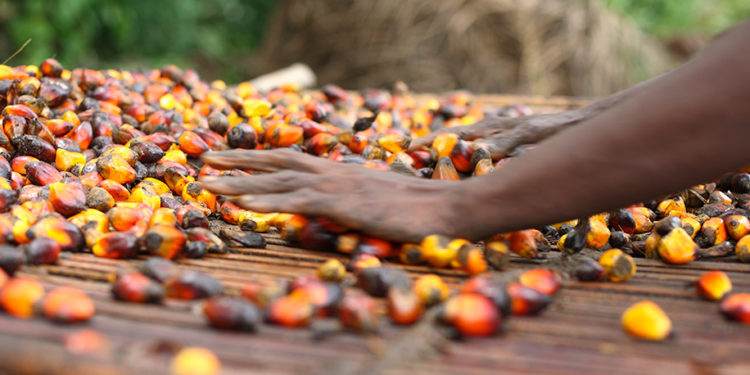AfCFTA: Ghana faces threat from Egypt, South Africa in markets with greatest exports potential
Egypt, South Africa and Morocco are said to pose the most threat to Ghana in markets in which it has the greatest exports potential under the African Continental Free Trade Area (AfCFTA) agreement.
This is because, these countries also have great export potential in nearly all of Ghana’s export potential markets and are even exporting more than Ghana in these markets.
Additionally, SMEs in the aforementioned countries in terms of competitiveness are ranked higher than SMEs in Ghana.
“Egypt, South Africa and Morocco pose the most threat to Ghana in markets where Ghana has the most export potential because these countries have export potential in nearly all of Ghana’s potential markets and are even exporting more than Ghana.
“In terms of competitiveness at the macro level, Ghana performs poorly in the doing business score as it currently ranks 118 out of 190 countries with most of its African peers such as Kenya, Cote d’Ivoire, Rwanda, Egypt and South Africa ranked higher. This means that the Ghanaian regulatory environment is not conducive to global trade unlike in other African countries,” stated the report.
“Ghanaian SMEs are weaker in the national environment and immediate business environment capabilities to compete, connect and to change. Survey results show that Ghanaian SMEs lack unique products, have unreliable access to electricity and ICT, incur high finance cost and few are internationally certified. Most SMEs are also challenged by institutional, legal and regulatory frameworks.
“For Ghanaian SMEs to take advantage of the AfCFTA therefore, much effort needs to be put in place to diversify or add value to their exports. Similarly, there is the need to work assiduously to improve upon the competitiveness levels of Ghanaian businesses, which takes collective efforts both from the government through providing the enabling business environment while SMEs work on their internal mechanisms,” added the report.
In a report published by CUTS Ghana and German development agency GIZ, on behalf of the Federal Ministry for Economic Cooperation and Development [BMZ], Ghana’s greatest export potential under AfCFTA, lies in the exports of malt extract with the country projected to earn some $77.6m.
This is followed by palm oil and fractions, uncooked pasta and plain woven, all projected to earn Ghana $60.8m, $34.1m and $28.1m respectively.
Aside the aforementioned products, cocoa processing, horticulture products, fresh and processed fish, cashew nuts, natural rubber, yam, medicinal plants and professional services have also been found to be great potential for Ghana’s export diversification agenda of its non-traditional exports under the AfCFTA.
“The analysis of Ghana’s export potential demonstrates that Malt extract, Palm oil (excl crude) & fractions, and Uncooked pasta are the products with greatest export potential from Ghana to Africa. Cocoa beans have the highest supply capacity and palm oil (exl crude) and fractions has the strongest demand potential for Africa,” noted the report.
According to the report, Ghana’s export to Africa has a huge gap that needs to be addressed in order for the country to greatly benefit from the AfCFTA. The export gap, the report further notes, presents an existing opportunity for SMEs in Ghana to take advantage of.
Meanwhile, Ghana’s macroeconomic environment has been identified to be the single most limiting factor to the competitiveness of small and medium-sized enterprises (SMEs) under the African Continental Free Trade Area (AfCFTA).
The report asserts that, while Ghanaian SMEs are putting in their best foot to remain competitive and relevant, the immediate business environment of these SMEs are hostile and appear to limit their chances of survival.
Factors identified to be hostile towards the competitiveness of SMEs under the continental trade agreement include: unreliable electricity supply, high rate of exchange depreciation and inflation.









